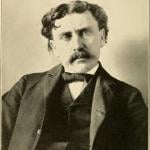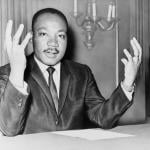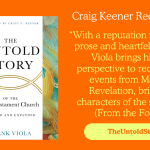In his very fine, lucid book, Who’s Afraid of Postmodernism? (Baker 2006), James KA Smith notes that many postmodern theologies, especially influenced by Derrida’s apophaticism, are anti-dogmatic: “postmodern religious faith eschews knowledge and therefore also eschews the particularity of dogma and doctrine. In other words, according to this line of thinking, postmodern faith sees any particular, determinate religious confession as still tainted by knowledge.” Postmoderns thus advocate a “religion without religion.” As Smith rightly points out, this whole line of... Read more



















